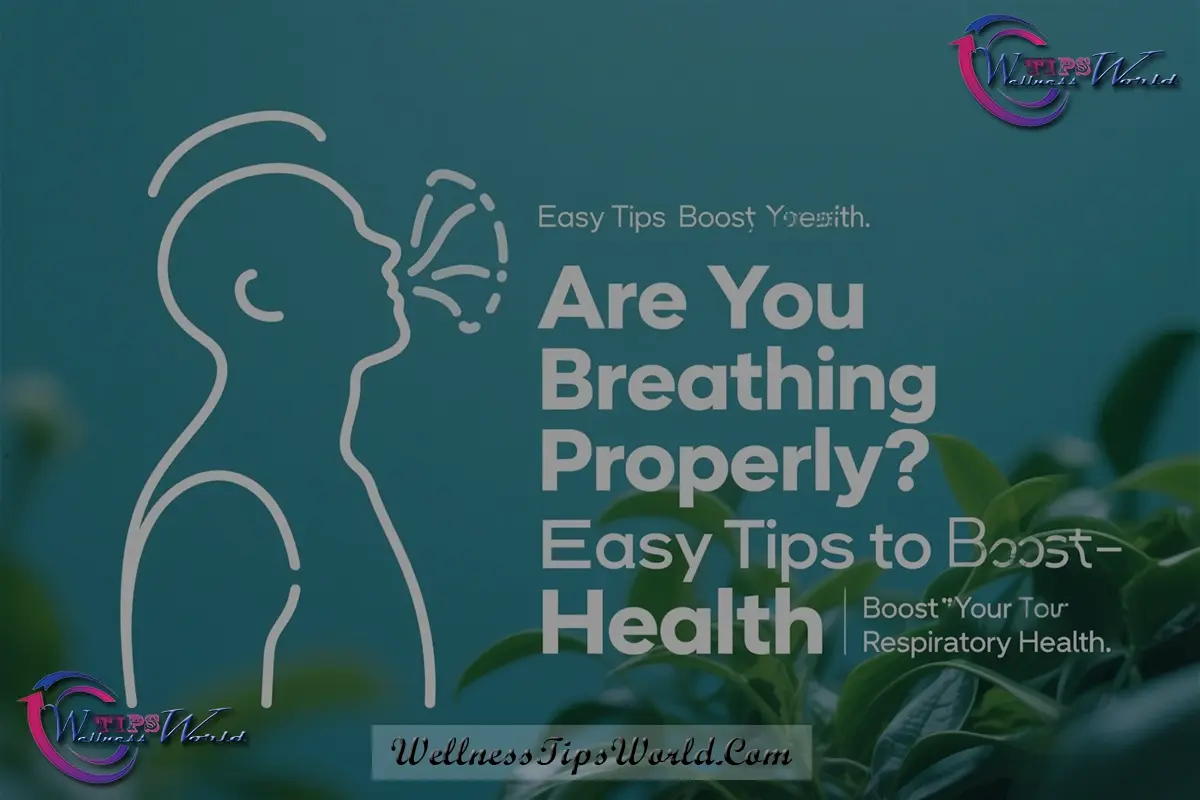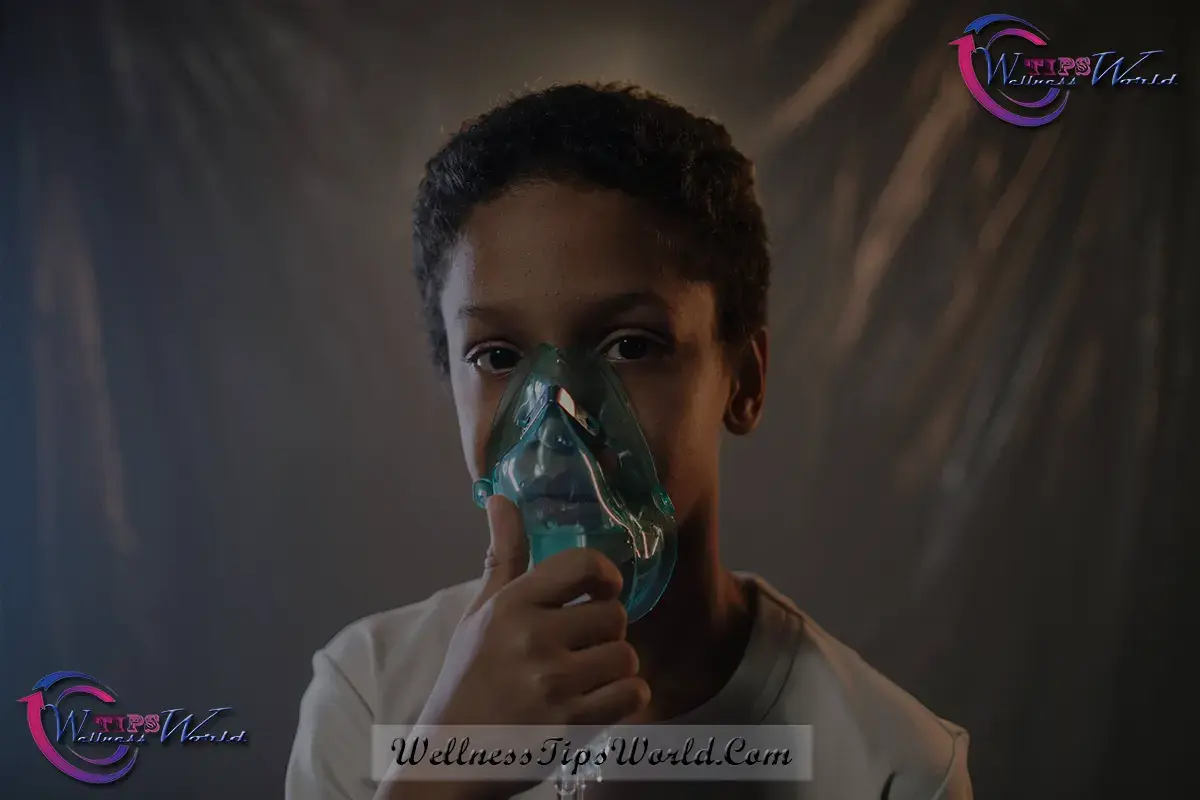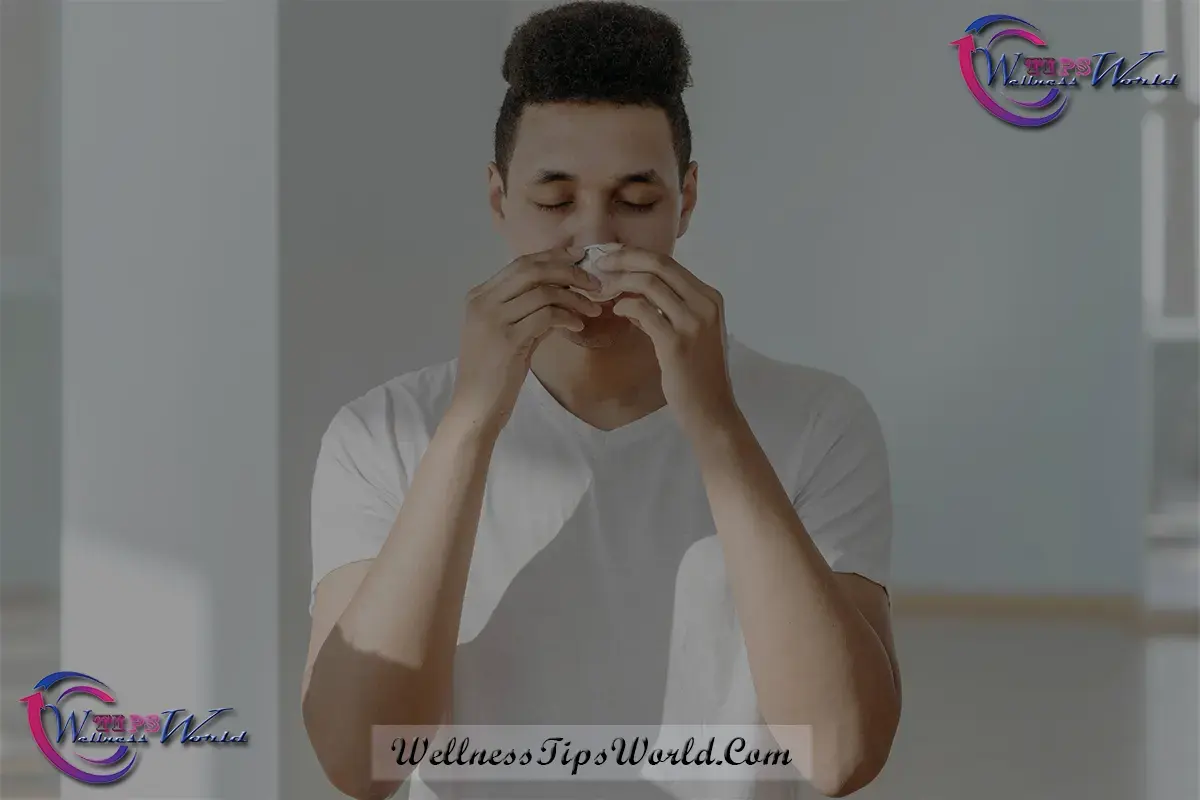Are You Breathing Properly? Easy Tips to Boost Your Respiratory Health
-
70
- 08 Jul, 2025

When was the last time you stopped to think about how you're breathing?Chances are, it’s something you rarely think about— and that’s perfectly natural. For most of us, breathing is automatic. But what if the way you breathe is actually limiting your energy levels, sleep quality, and overall respiratory health?
Breathing incorrectly can contribute to fatigue, stress, poor posture, and a compromised immune system. On the flip side, proper breathing techniques can transform your physical and mental health, improving oxygen flow, stress levels, and overall vitality.
In this article, we’ll explore what proper breathing really means, why it matters more than you think, and provide easy breathing exercises and lifestyle tips to support long-term lung health. Whether you’re dealing with stress, respiratory issues, or simply want to breathe easier, this guide is for you.
Why Breathing Properly Matters
You take about 20,000 breaths per day, but poor habits like shallow chest breathing or mouth breathing can reduce oxygen efficiency and strain your lungs. Learning how to breathe properly helps to:
- Improve oxygen intake
- Enhance mental clarity
- Reduce stress and anxiety
- Support better sleep quality
- Increase lung capacity
- Strengthen your immune system
Thich Nhat Hanh once said, 'Breath is the bridge that links life to consciousness.' By mastering this connection, you can unlock one of the easiest yet most effective ways to improve your health.
Signs You're Not Breathing Properly
How can you tell if your breathing needs improvement? Here are some common signs:
- Frequent yawning or sighing
- Mouth breathing, especially at rest
- Poor posture
- Shallow chest movement when breathing
- Feeling winded after mild activity
- Tension in shoulders or neck
If you recognize any of these, don’t worry—you're not alone, and it's fixable.
The Science Behind Proper Breathing
Breathing deeply from the diaphragm (also called diaphragmatic breathing) encourages full oxygen exchange, which helps slow the heartbeat and lower or stabilize blood pressure. In contrast, shallow breathing (from the chest) can increase feelings of anxiety and tension.
Here's how your respiratory system works optimally:
- Inhale through the nose → Air is filtered, humidified, and warmed.
- Diaphragm contracts and moves downward → Lungs expand fully.
- Oxygen is exchanged efficiently in the lungs.
- Exhale fully through the nose or mouth → Carbon dioxide exits the body.
Practicing conscious breathing activates the parasympathetic nervous system, helping you feel calmer and more balanced.
Top 10 Tips to Boost Your Respiratory Health
1. Practice Diaphragmatic Breathing Daily
Gently rest one hand on your chest and the other on your abdomen. As you inhale through your nose, concentrate on expanding your belly instead of your chest. Slowly exhale and repeat this process for 5 to 10 minutes daily.
This builds awareness and trains your body to breathe more deeply.
2. Avoid Mouth Breathing
Mouth breathing can dry out the airways, reduce oxygen efficiency, and increase your risk of respiratory infections. Nose breathing filters and warms the air, making it healthier for your lungs.
3. Improve Your Posture
Slouching restricts lung expansion. Sit and stand tall to allow your lungs to fully expand. Try gentle stretches or yoga to improve spinal alignment and breathing mechanics.
4. Stay Hydrated
Mucosal linings in the lungs need to stay moist for effective gas exchange. Drinking enough water thins mucus, making it easier to clear irritants and allergens from your airways.
5. Limit Exposure to Air Pollutants
Avoid smoking, secondhand smoke, and prolonged exposure to dust, chemicals, or mold. Use air purifiers at home, and check the Air Quality Index (AQI) before going outside on polluted days.
6. Try Breathing Exercises
Regular breathing techniques like box breathing, 4-7-8 breathing, or alternate nostril breathing can improve lung capacity and reduce stress.
Example: Box Breathing
- Inhale for 4 seconds
- Hold for 4 seconds
- Exhale for 4 seconds
- Pause for 4 seconds, then repeat for a few minutes.
7. Exercise Regularly
Aerobic exercises like walking, cycling, or swimming force your lungs and heart to work harder, strengthening them over time. Try to incorporate at least 30 minutes of moderate physical activity into most days.
8. Use a Spirometer
A spirometer is a simple device used to measure how much air you inhale and exhale. It's often used in hospitals, but portable versions are great for home use to track and improve lung performance.
9. Breathe Clean Indoor Air
Make sure your living space is clear of dust, mold, and pet allergens. Use HEPA filters, ventilate rooms regularly, and keep houseplants that purify the air like snake plants or peace lilies.
10. Avoid Overbreathing
Breathing too fast or too deeply can actually reduce oxygen delivery by lowering carbon dioxide levels. Try slow, controlled breathing instead of rapid or panicked breaths.
Daily Routine for Healthy Breathing
Here’s a quick daily guide you can follow to support your lungs and improve your respiratory function:
Morning:
- 5 minutes of diaphragmatic breathing
- Hydrate with a full glass of water
- Open windows for fresh air
Afternoon:
- 30-minute walk or moderate cardio
- Box breathing during breaks
- Sit with proper posture at your desk
Evening:
- Use an air purifier
- Stretch to release chest tension
- Practice 4-7-8 breathing to wind down
Foods That Support Lung Health
Nutrition plays a crucial role in respiratory function. These foods are packed with antioxidants and anti-inflammatory properties that support your lungs:
- Leafy greens (spinach, kale)
- Citrus fruits (vitamin C)
- Fatty fish (omega-3)
- Turmeric (curcumin fights inflammation)
- Garlic and onions (immune boosters)
When to Seek Medical Advice
If you’re dealing with ongoing breathlessness, a persistent cough, or wheezing, it’s important to seek advice from a healthcare provider. Early intervention can prevent more serious conditions like asthma, bronchitis, or COPD from developing or worsening.
Breathe Better, Live Better
Your breath is your most powerful, free, and accessible health tool. By incorporating these small, mindful changes into your daily life, you can dramatically improve your lung health, mental clarity, and overall well-being.
So, the next time you take a deep breath, ask yourself—are you breathing properly? If not, now’s the perfect time to start.










